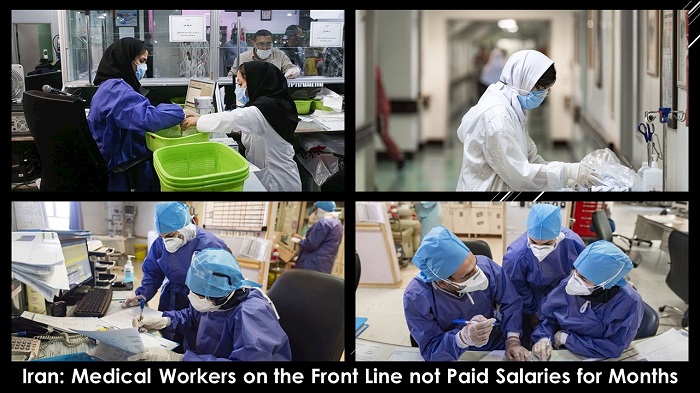
Nurses around the world have been able to continue their rigorous and high-risk work caring for COVID-19 patients, with the risks being marginally decreased after vaccines were introduced.
The National Council of Resistance of Iran (NCRI), and the People’s Mujahedin of Iran (PMOI / MEK Iran), reported that the coronavirus death toll in 541 cities surpasses 288,200.
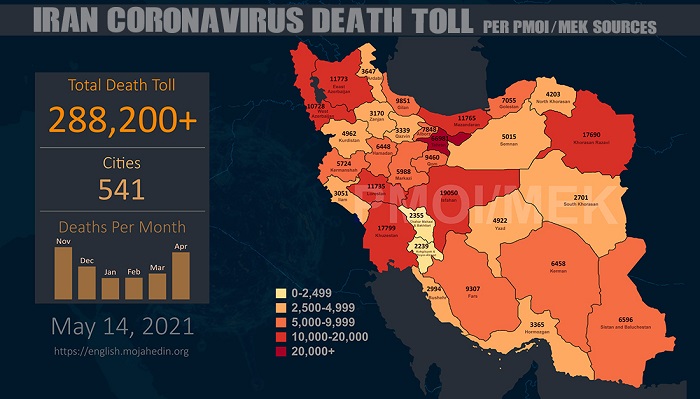
The Iranian regime, on the other hand, has held nurses in critical physical and mental health conditions by abusing them constantly.
The number of nurses migrating to Iran has risen in recent years as a result of the regime’s cruel and barbaric policies.
Nurses, do not have the option of retiring after 20 years of service. Nurses are entitled to retirement after 25 years under the mullahs’ law, with a monthly salary of 25 workdays instead of 30. The fact that nurses have not been paid their pandemic-era overtime wages, as well as their regular pay and benefits, is one of the key reasons for this hardworking group’s frequent protests.
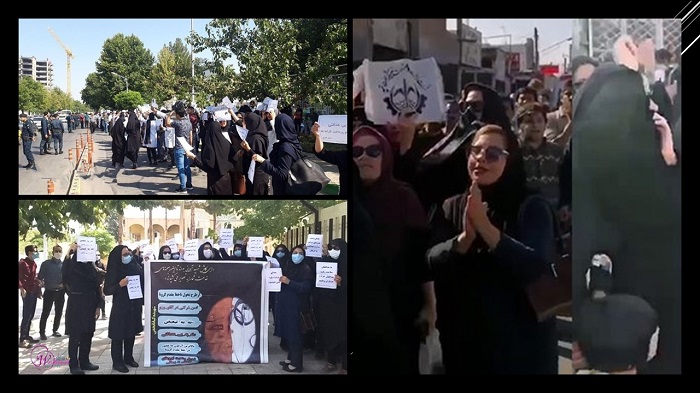
“With the outbreak of the Coronavirus, between 100 and 150 nurses leave the country every month,” Mohammad Sharifi Moghaddam, Secretary-General of Nurses’ Home, told the state-run Jahan-e-Sanat Newspaper on 5 May. Nurses in European countries, especially during the Coronavirus pandemic, are paid well and have good working conditions.”
On average, 25 percent of the population in Middle Eastern countries has been vaccinated. The vaccination program will last for years if the Iranian regime continues to vaccinate its citizens at the current pace. According to reports published on April 8 by the state-run ILNA News Agency, a government official admitted that 80 percent of nurses working in public hospitals have not yet been vaccinated.

At a time when all cities in Iran are in the red zone, Mohammad Mirzabeigi, the head of the Iranian Nursing Organization, spoke about the extreme shortage of nurses, saying that nurses are in a tough position. On the one hand, they have had a significant increase in workload; on the other hand, the state-run ISNA News Agency recorded on 5 January that “100,000 nurses have been infected by COVID-19, with at least 130 nurses dying as a result.”
According to the figures, about 16,000 nurses have retired without being replaced in the last three years. This suggests that the nurse-to-bed ratio and population are steadily declining, while nurses’ overtime hours are steadily increasing.
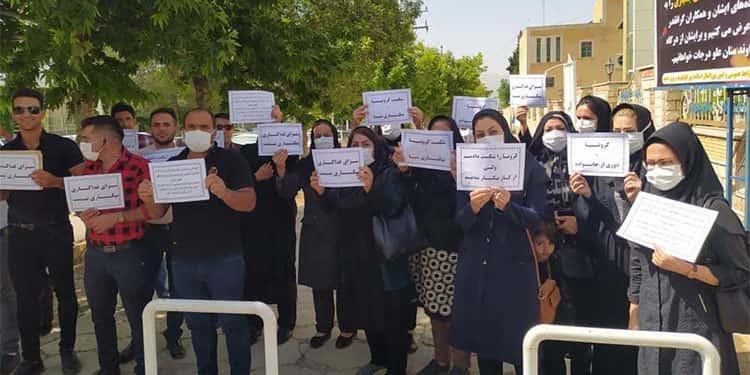
Mirzabeigi stressed that the regime needed to hire at least 40,000 nurses “seriously and urgently” to return to the situation of a few years earlier when the nurse-to-bed or-per-thousand-people ratio was 0.9 or 1.
Nursing is a dangerous and high-risk profession. During their shifts, nurses are subject to stressors such as abnormal mental and physical illnesses, infection with diseases and viruses such as the Coronavirus, hepatitis, and AIDS, and radiation exposure.
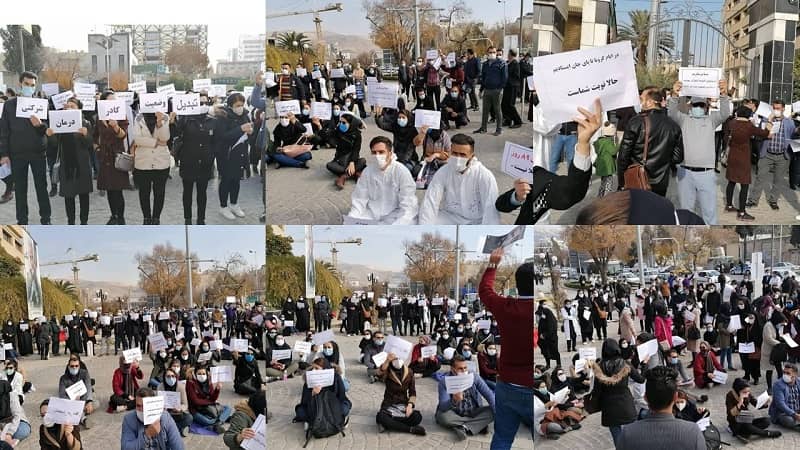
Iran has become one of the “backward countries in terms of nursing staff shortages” as a result of the regime’s policies.
This has resulted in them being overworked and physically exhausted, which “causes death and depression among nurses” in many cases according to Mohammad Mirzabeigi, head of the Iranian Nursing Organization.
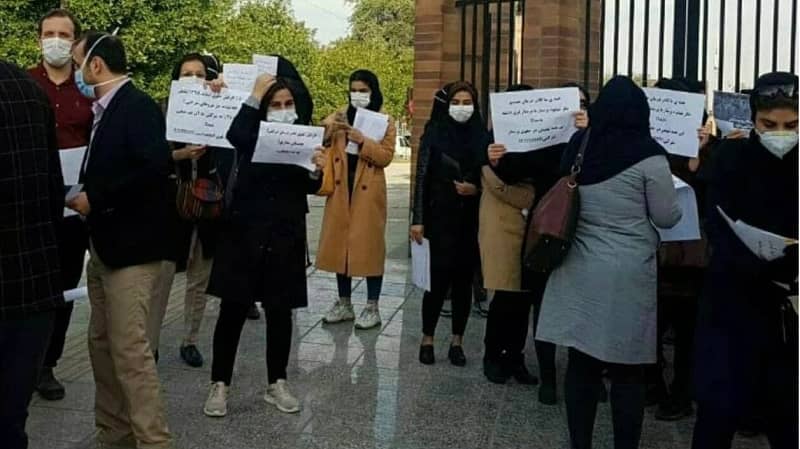
MEK Iran (follow us on Twitter and Facebook)
and People’s Mojahedin Organization of Iran – MEK IRAN – YouTube







